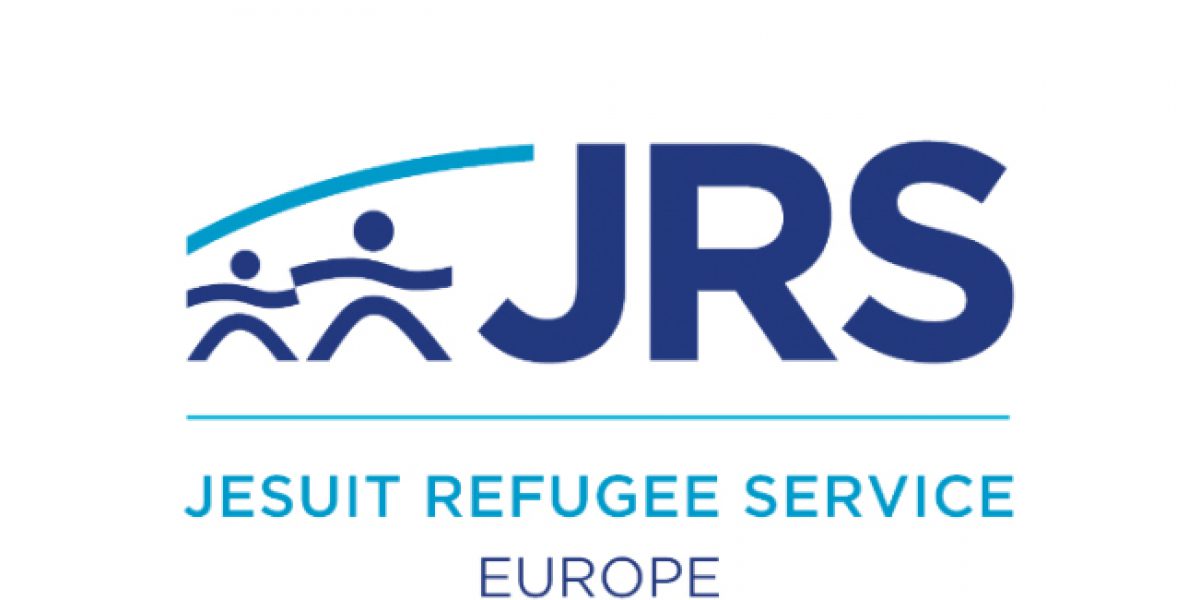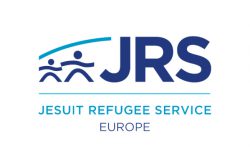JRS joint statement: EU Migration Pact: Last call to stop erosion of Refugee Rights
09 April 2024|JRS Europe

On Wednesday April 10, the European Parliament is set to cast its final vote on the European Pact on Asylum and Migration. If approved and implemented, the pact will increase arbitrary detention and complicate procedures to access protection, without guaranteeing access to legal assistance.
“We repeat our opposition to this Pact – state the JRS directors jointly – We cannot support a system that will allow the systematic detention of thousands of people, including children, at the EU external borders. The legislation proposed will exponentially increase the people’s suffering, without offering real solutions for the current system’s shortcomings. We urge the European Parliament one more time to reject this Pact.”
The implementation of the proposed Pact will present considerable legal and operational challenges. JRS is most worried about the risk of arbitrary, automatic detention. Border procedures are designed to limit people’s freedom of movement and must always remain a measure of last resort.
Moreover, the decision to detain someone must always be assessed individually and only considered if no other less coercive measures are possible. Authorities must also always assess if the use of such a harmful measure is proportional to the goal they want to achieve. If the Pact is approved, the implementation plans will have to clearly spell out how Member States will guarantee that these safeguards are realised in practice.
Another reason of great concern is that people will find themselves in very complicated procedures, often detained, without proper legal assistance. The Pact only guarantees ‘legal counselling’ in the first phase of the asylum procedure. This is not the same as having a lawyer that provides legal advice that is tailored to each individual’s circumstances.
In JRS’s experience visiting migrants in detention, having a qualified lawyer is absolutely crucial to ensure that detainees’ rights are respected. However, only few people have access to lawyers. The Pact, if approved, will only worsen this situation. Implementation plans will have to ensure, at the very least, that the people held in locations for screening and border procedure can effectively receive visits from lawyers and civil society representatives.
Finally, JRS fears that the Pact’s ‘solidarity mechanism’ will not be sufficient to ensure the commitment of all EU Member States to share the responsibility to protect refugees. First EU countries of entry will mostly remain responsible for the examination of asylum applications, while there is no obligation and little incentives for Member States not at the borders to relocate asylum seekers. Moreover, solidarity can also be expressed with financial contributions to Third Countries. This aligns with the worrying trend of reaching agreements with countries with very dubious human rights records, in an attempt to reduce arrivals to Europe. Implementation plans must encourage the use of relocation as solidarity measure and, at the bare minimum, specify clear rules, modalities and accountability mechanisms for such contributions to third countries.
“JRS remains at the side of forcibly displaced people and will continue to advocate for a Common European Asylum System worth this name” – say JRS directors unanimously – “This is the last call for the EU to recheck its moral compass and vote down this reform.”
Signatories
The JRS Europe network is constituted by JRS Austria, JRS Belgium, JRS France, JRS Germany, JRS Greece, JRS Hungary, JRS Ireland, Centro Astalli (Italy), JRS Luxembourg, JRS Malta, JRS Poland, JRS Portugal, JRS Romania, JRS Slovenia, JRS South East Europe (Bosnia and Herzegovina, Croatia, Kosovo, Macedonia, Serbia), SJM España (Spain), JRS Switzerland, JRS United Kingdom, JRS Ukraine and the regional office located in Brussels

